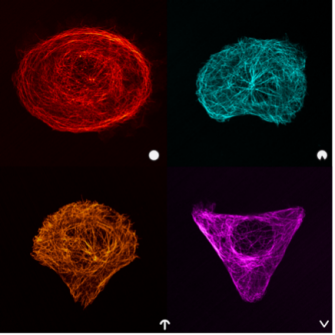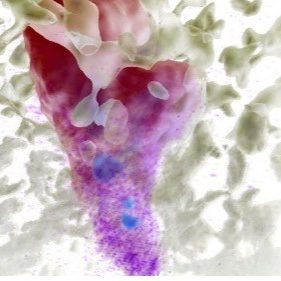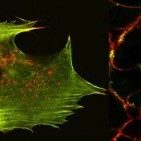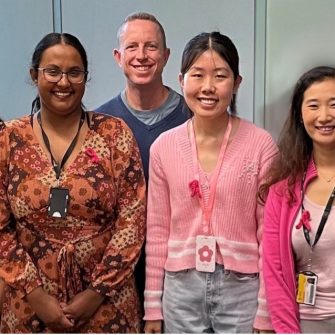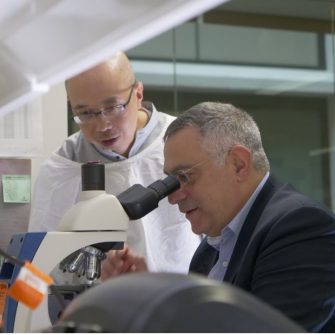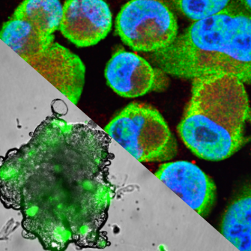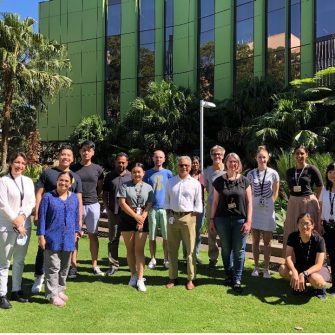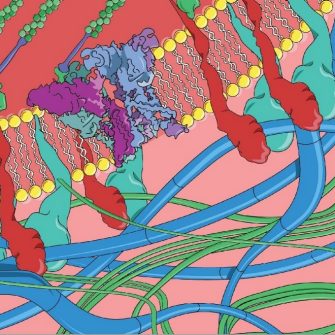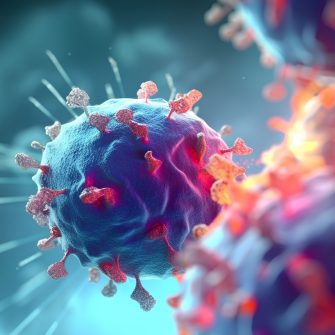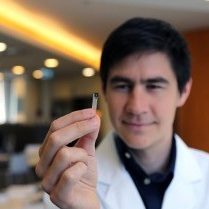Cancer

Cancer is the most pressing health challenge of our time. By the age of 85, cancer will affect 1 in 2 Australians. While health and medical research has improved the outlook for cancer patients in recent decades, cancer is still a leading cause of death worldwide. Our researchers are investigating multiple aspects of cancer biology to identify the mechanisms that drive disease progression, to understand the role of the immune system in patient outcomes and to identify novel treatment mechanisms. This work harnesses local strengths in cutting edge imaging and personalised medicine.

